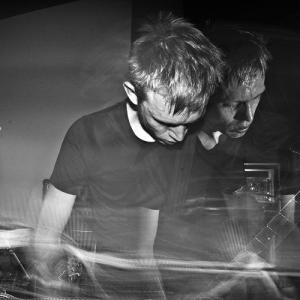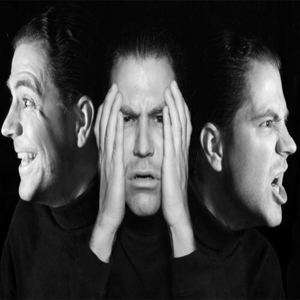Difference Between Schizophrenia and Bipolar Disorder

Schizophrenia and bipolar disorder are both diseases that have to do with a person’s mental health and affect it in the sense that they are unable to function like they would normally and cannot think straight. Even though they are both mental illnesses, they do not have the same symptoms along with carry versatile effects of their own on the person’s mind and body.
There may be shared symptoms, but there are others that are unique to its own system. Nevertheless, both schizophrenia and bipolar disorder carry serious symptoms and must be diagnosed and treated as soon as possible before anything serious occurs from the conditions.
Instructions
-
1
Schizophrenia
During most of the month, someone suffering from schizophrenia has a number of symptoms that distinguish him or her from someone who has bipolar disorder. They are, but not limited to delusions, hallucinations, disorganized speech which may or may not be clear but is most of the time not usual with how the person speaks normally.
Schizophrenia is less common than bipolar disorder and is usually diagnosed in more males as compared to females, especially in their teenage years or even late 20’s. A person suffering from schizophrenia usually hears voices and sees people which are just illusions along with the fact that these voices cannot be countered by logical talking from others. Such sufferers may find it hard to be social with others and may not last in one position for a long time when it comes to working. It is hard to diagnose the condition if the patient does not let others know about it and keeps it to himself or herself.
Image Courtesy: Healthyliving.net
-
2
Bipolar Disorder
Bipolar disorder does not have one showing symptoms such as delusions, hallucinations and disorganized speech like patients with schizophrenia suffer from. This does not mean that they are entirely not present, but at times may seem to be. Depression is common in those who suffer from bipolar disorder, along with the fact that they go through manic episodes.
There are two stages when it comes to bipolar disorder. Bipolar I is when a single manic episode occurs, along with the sufferer experiencing, but not necessarily, dealing with psychosis as well. Bipolar II is when one suffers from one hypomanic episode, along with one major depression episode. Both types affect the ability of a person to communicate with others along with negatively affecting social functioning altogether. Mood swings are also associated with bipolar disorder.
Image Courtesy: Metallywell.com






